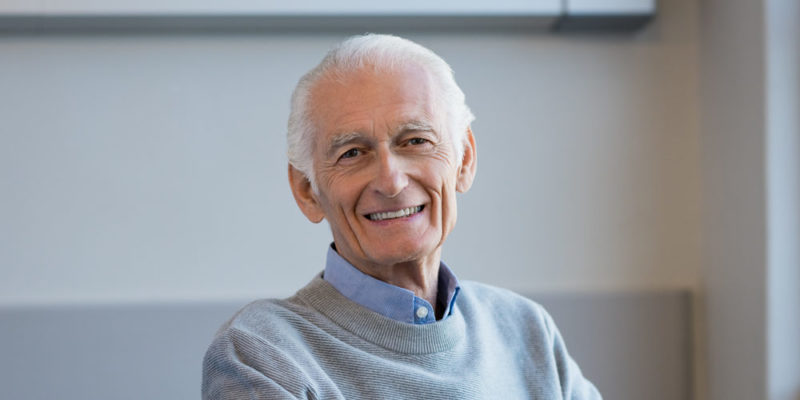We explain what old age is, its characteristics and what changes occur. Also, what role do gerontology and geriatrics play, and more.
What is old age?
Old age is a gradual and natural physiological process of every human being . It consists of the last period of a person's life that usually begins after 65 years of age. It is the stage that follows maturity and is related to the fact of being a grandfather or retired.
The stage of old age is also called third age, because it refers to the last three decades of a person's life. From the age of 65 people are considered older adults and, from the age of 80, they are considered elderly.
From the biological aspects, old age includes the population that evidences the passage of time, both due to the natural physiological effects of aging, as well as the accumulated experiences and knowledge .
The lack of work activity during old age entails the need for older adults to perform physical and mental activity to stimulate their cognitive functions and avoid possible cognitive deterioration.
Characteristics of old age

The main characteristics of old age are:
- The gradual decrease in physical strength , due to the loss of muscle and fat mass .
- The skin becomes increasingly wrinkled with a loss of hydration and elasticity, due to the fact that the body 's cells regenerate more slowly.
- Decreased mental activity in general, such as difficulty incorporating new knowledge or being slower to understand concepts.
- The decrease in bone mass , due to the fact that the metabolism works more slowly. As a consequence, the roots of the teeth tend to weaken, so it is possible that they lose their pieces.
- The hormonal change that affects various aspects, such as the skin, sexual desire, mood or muscle strength.
- Decreased sensory abilities , such as sight and hearing.
- Decreased social activity , in part, due to diminished senses that interfere with communication with others.
Old age is not synonymous with disease
Old age is not synonymous with disease, but can be a stage in which the prevalence of diseases and the level of dependency increase. It is a process in which the individual becomes more vulnerable due to the natural deterioration of the organism.
That does not mean that it cannot be a healthy and enjoyable stage. For this, it is very important that the person remains active through various activities, such as manual, intellectual, social and physical.
Physical and mental changes lead to changes in routine, such as in diet , due to the different metabolic needs of the body, or in sleep because they usually sleep fewer hours.
In addition, the increase in life expectancy can affect the development of chronic diseases. To maintain a healthy life during old age, it is important to incorporate changes in the routine that are necessary to accompany the process that the body goes through.
Gerontology and geriatrics

Gerontology is the science of medicine that studies various processes of older adults and the elderly , such as health, psychology and social integration, with the aim of helping to improve their quality of life.
Geriatrics is also a science of medicine, but it is dedicated to the prevention, diagnosis and treatment of particular disorders or diseases of older adults and the elderly, in conjunction with specialists as required. Some of the most common diseases that people suffer in the old age stage are:
- Cerebrovascular Accident (CVA)
- Arteriosclerosis
- Arthritis
- osteoarthritis
- Heart problems
- Dementia
- Flu
- benign prostatic hypertrophy
- Osteoporosis
- High blood pressure
- decreased vision
- hearing loss
She has pursued her studies in The United States, where she has graduated in Business and Economics and is currently finishing her Master studies in International Economics and Finance. Miss. Amputee is fluent in three languages: English, Spanish and Russian and has elementary knowledge of French and Italian. She love exploring how Collaborative Research Group can become the best tool to achieve the (necessary) educational change. .
Leave a reply
Your email address will not be published. Required fields are marked *Recent post

Sport: What Is It, Types, Risks, Features, Characteristics and Examples

Dogs: Emergence, Features, Characteristics, Feeding and Breeds

Story: Definition, Elements, Structure, Features and Characteristics

